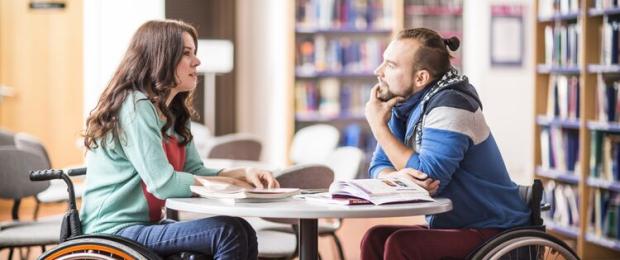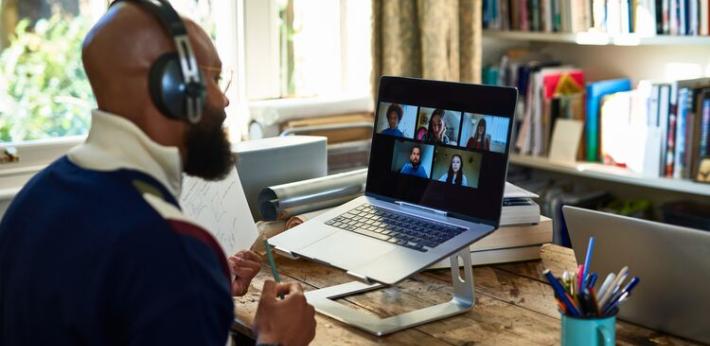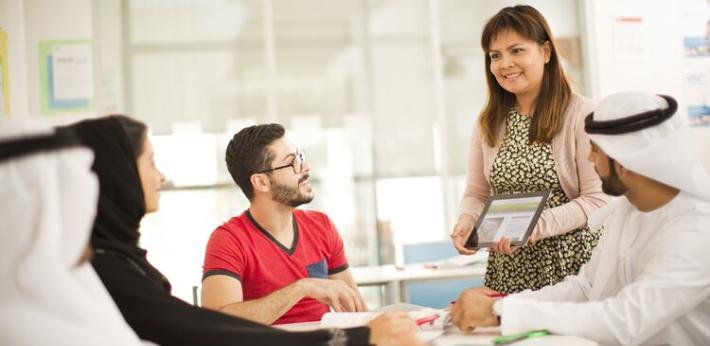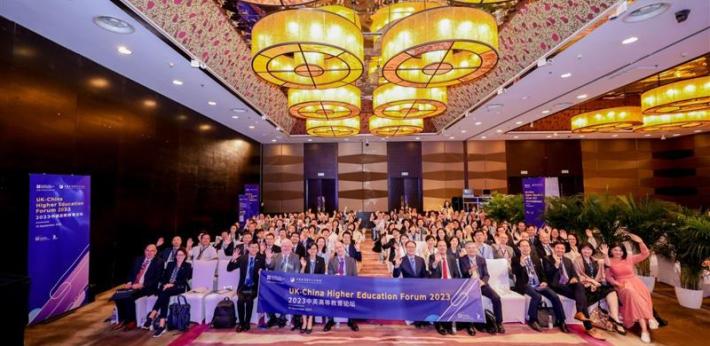
Disability Inclusion Partnerships, from Going Global Partnerships, support international higher education collaborations with a focus on enhancing the inclusion of people with disabilities in research environments.
Grants are open to higher education institutions and not-for-profit research institutions in the UK, with a view to partnering with institutions in Indonesia, Kenya, Pakistan or Uzbekistan.
Overall call objectives
Disability Inclusion Partnerships aim to:
- generate new knowledge on the barriers and facilitators relating to the participation of people with disabilities in higher education research environments
- establish new or strengthen existing partnerships around disability inclusion
- develop policy recommendations for enabling disability inclusion in higher education
- propose mechanisms for strengthening capacity in teaching and learning in inclusive settings
- propose models for inclusive classroom/lab/fieldwork designs and research in higher education.
Thematic context
An estimated 1.3 billion people experience significant disability. This represents 16% of the world’s population, or 1 in 6 individuals (WHO, March 2023). Disability is referenced throughout the Sustainable Development Goals (SDGs) including Goal 4: Quality Education.
The constitutions of 34 of the 193 United Nations Member States guarantee the right to education for people with disabilities or provide for protection against discrimination, based on disability, in education (UN Flagship Report on Disability and Sustainable Development Goals 2018). Despite progress made in recent years, gaps remain, and action is required on all fronts to achieve Goal 4 for those with disabilities.
Universities play a key role in supporting the SDGs and the development of inclusive societies. Students and staff with disabilities in higher education remain under-represented. They face several barriers, such as a lack of accessibility when it comes to campuses and curricula, as well as discrimination.
Disability Inclusion Partnerships aim to support disability inclusion in research in the higher education sector.
Within this context, some thematic focus areas for grants are suggested below, although the list is not exhaustive.
- Disability in the research sector – the extent to which the research sector of higher education is disability inclusive to include consideration of intersections of disability with other individual characteristics.
- How disability inclusion is being researched within higher education and with the wider community.
- How inclusive are research environments for those persons with disabilities.
- How people with disabilities are being supported to develop their self-advocacy skills, and the role of organisations in supporting this as part of a shared advocacy approach.
Partnership activities
Partnership projects can take a variety of forms, including a research study, a needs analysis, action research, developing and delivering training to leadership/staff/students on disability awareness and inclusion.
Key details
Grant amount: up to £25,000
Grant length: 12 months, starting May 2025
Countries involved: UK lead institution, partnering with Indonesia, Kenya, Pakistan or Uzbekistan
Open to: higher education institutions and not-for-profit research institutions, establishments and organisations
Clarification deadline: 30 September 2024
Application deadline: 31 October 2024
Download the call documentation below (four documents in total).
Submit your completed application form via email to: goingglobalpartnerships-DIP@britishcouncil.org
Apply by 31 October, 23.59 BST
For any questions, contact: goingglobalpartnerships-DIP@britishcouncil.org



